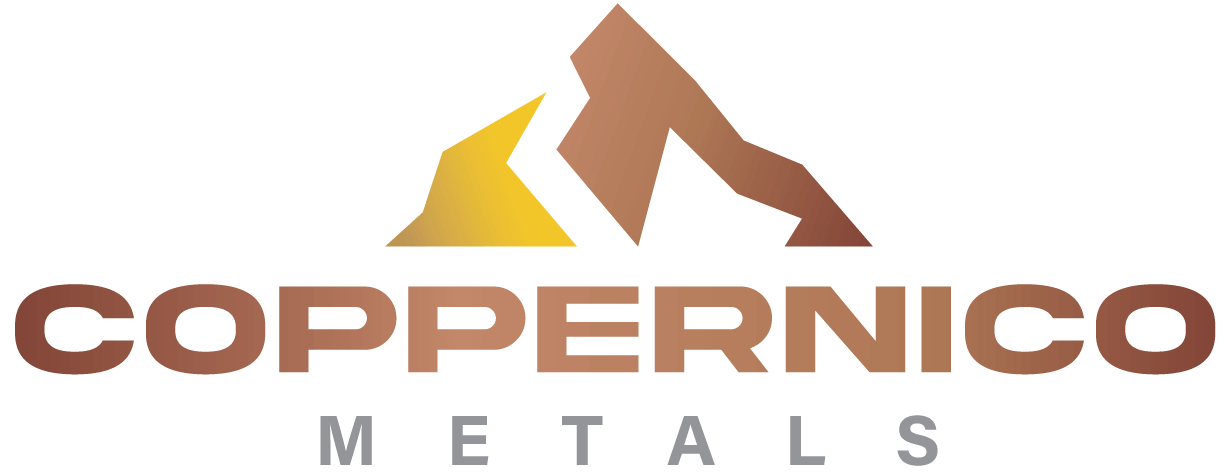Samsonite commits to science-based climate target to maintain 100% renewable electricity in own operations and significantly reduce value chain emissions by 2030
Pledges to considerably expand use of recycled materials while maintaining long-standing commitment to durability
HONG KONG, Nov. 4, 2024 /PRNewswire/ — Building on its heritage of innovation, durability and sustainability, Samsonite International S.A. (“the Company,” together with its consolidated subsidiaries, “the Group;” SEHK stock code: 1910), today announced an ambitious near-term science-based climate target in alignment with the criteria of the Science Based Targets initiative (SBTi). The Company operates a portfolio of customer-centric brands including Samsonite, Tumi and American Tourister, as well as several other complementary brands. The Company commits to continuing to use 100% renewable electricity in all the Group’s own operations. The Company will also significantly increase recycled materials used in products to reduce Scope 3 emissions from purchased goods and services 52% by 2030 on an intensity basis per unit gross profit1. The Company’s new target is measured from a 2022 base year and was submitted to SBTi for validation last month. The Company’s science-based climate target applies collectively to all the Group’s brands worldwide.
“We are proud to leverage our leadership position to create a path towards a more sustainable future for the industry,” said Kyle Gendreau, the Company’s Chief Executive Officer. “We are partnering with our suppliers to significantly expand the use of recycled, lower-carbon materials while maintaining our long-standing commitment to durability.”
According to the company’s greenhouse gas (GHG) accounting, over 95% of the Group’s emissions stem from its value chain (Scope 3), with almost 80% of its emissions coming from purchased goods and services, including raw materials used for internal manufacturing2. To achieve its target, the Company is focused on reducing material-related emissions in its global value chain by significantly increasing recycled content of the various types of plastics, aluminum and other materials of which its products are made.
The Group’s global teams have built GHG emissions reduction roadmaps, specifying actions they will take to achieve the new 2030 target. “The actions laid out in our roadmaps are based on years of experience incorporating recycled content into our products. Since introducing our first product featuring recycled materials in 2018, we have continuously expanded their use into additional product components and collections,” said Marina Dirks, Vice President, Global Head of Sustainability. In 2023, products made at least in part from recycled materials accounted for around 34% of the company’s net sales, up from about 23% in 2022. “To achieve the emissions reductions, we look to further scale the use of recycled content, relying on solutions that we’ve already brought to market – which is why we are confident that we are able to meet our target.”
To address emissions from its own operations, the Group will maintain 100% renewable electricity across its retail stores, manufacturing and distribution facilities and offices through a mix of onsite solar power generation, participation in utility and municipal green power programs, and purchases of Renewable Energy Certifications (RECs) and Energy Attribution Certificates (EACs). The Company will also continue to implement energy efficiency and decarbonization measures at its facilities. The Group achieved 100% renewable electricity in its own operations for the first time in 2023, two years ahead of its target date, and reduced the carbon intensity of its own operations by 85% compared to a 2017 baseline, far surpassing its goal of 15% by 2025.
This announcement is part of the company’s global sustainability strategy, Our Responsible Journey, which launched in 2020 to help the Company further deliver on its purpose to empower a lifetime of journeys that move the world forward. Underpinned by sound governance, the strategy focuses on three pillars: Product, Planet, and People.
Learn more about Samsonite’s sustainability strategy and progress in its 2023 Sustainability Report.
About Samsonite
With a heritage dating back to 1910, Samsonite International S.A. (the “Company”, together with its consolidated subsidiaries the “Group”), is a leader in the global lifestyle bag industry and is the world’s best-known and largest travel luggage company. The Group is principally engaged in the design, manufacture, sourcing and distribution of luggage, business and computer bags, outdoor and casual bags and travel accessories throughout the world, primarily under the Samsonite®, Tumi®, American Tourister®, Gregory®, High Sierra®, Lipault® and Hartmann® brand names as well as other owned and licensed brand names. The Company’s ordinary shares are listed on the Main Board of The Stock Exchange of Hong Kong Limited (“SEHK”).
|
For more information, please contact: |
|
|
Samsonite LLC Tel: +1 508 851 1586 Alvin Concepcion Email: [email protected] |
|
|
Samsonite International S.A. – Hong Kong Branch Tel: +852 2422 2611 |
|
|
William Yue Email: [email protected] |
Helena Sau Email: [email protected] |
|
__________________________ |
|
|
1 |
“Intensity basis per unit gross profit” is defined as metric tons of CO2 equivalent emissions associated with goods and services purchased by the Group during each fiscal year, divided by the Company’s gross profit for such fiscal year. |
|
2 |
The Company measures Scopes 1, 2 and 3 categories as defined by the Greenhouse Gas Protocol. The company refers to 2022 Scope 3 data here as its 2023 data is not yet finalized at the time of publication. |
SOURCE Samsonite






